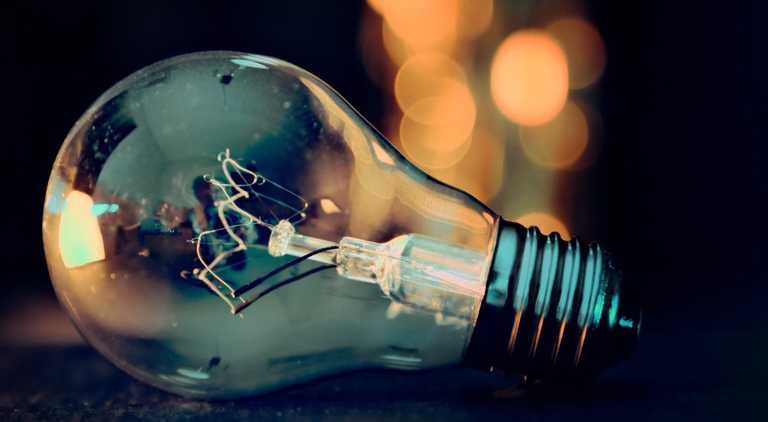Simplifying power and metering with technology
By EPR Magazine Editorial January 7, 2021 10:31 am IST
By EPR Magazine Editorial January 7, 2021 10:31 am IST

We need to understand sociology of technology, and technologists in India must provide that comfort and that functionality to consumers.
World’s first smart electricity metre was launched in 1988. Smart technologies in the electrical industry existed even in the 1988. The “Smart” trend existed decades back, and that technology is still smart and is being upgraded with time and all the other essentials. Today, we must decide that if a technology is getting old, it’s on us whether to talk about the prophecy profess it further or we talk about the prognostication. We must actually keep it simple and easy. Metering is a wonderful concept. In fact, India was among the first two countries to install mart electronic electricity meters. Almost 70 percent of the total smart technologies are designed either in Bangaluru or Hyderabad or Chennai. All the major primary companies have their design engineers in India. With this level of technical knowledge we should be able to create wonders. The question is, how do we achieve it? Talking about it, Bhagwat Singh Babel, Non-Executive Director, Secure Meters, RR Kabel – Mumbai, Kryfs Power Mumbai Udaipur Urja and Past President – IEEMA, says “When I look around my own premises, I want it to be sustainable, energy efficient and carbon negative. I have a solar installed in my rooftop, I have a net metering system for my energy consumption and I recycle almost every possible thing we use in our day to day life. I am associated with Udaipur Urja, where we reduce carbon footprints and we received investments of $2 million, and this money was credited to us as carbon credits. Those of you who may not be aware carbon rates in Europe today costs 30 Euros a tonne, whereas, earlier it was 5 Euros per tonne, in India we can do it at a affordable and cheap cost. So we need to apply our mind as to what is it we want to do with our consumption and how efficiently can we reduce it.
But when we want all our applications to be smart and connected and managed from a single location, do we realise the amount of information we generate calculate the data to be used in my own premises. When we launched our first electronic metre, I have been in a dialogue with Tata and some of the other utilities, where I’ve dealt with about five 600 utilities around the world. We were able to collect ample of data on that note which can be utilised efficiently in the near future to have a net metering system to track the consumption.
Energy is basically the power multiply, with additional imperative measures to amplify it effectively. And to measure the power and the data, we must use measured fundamental quantities like voltage, current, time, frequency, added speed, computing power. These fundamentals have become phenomenal over the years. When we started smart metres, we use bit processor and smart algorithms to compute various things. Now you get extremely smart computing a very low power, with which we can perform phenomenally work. So you need sensing all requirements towards energy computing. Firstly, we need these basic sensors then can add temperature humidity, Comfort Control as per our requirement and convenience more effectively. We can choose, what do we compute, how we will do it and where will the data and the information should be placed; so we need to understand sociology of technology. We as technologists must provide that comfort and that functionality to people.
We use cookies to personalize your experience. By continuing to visit this website you agree to our Terms & Conditions, Privacy Policy and Cookie Policy.